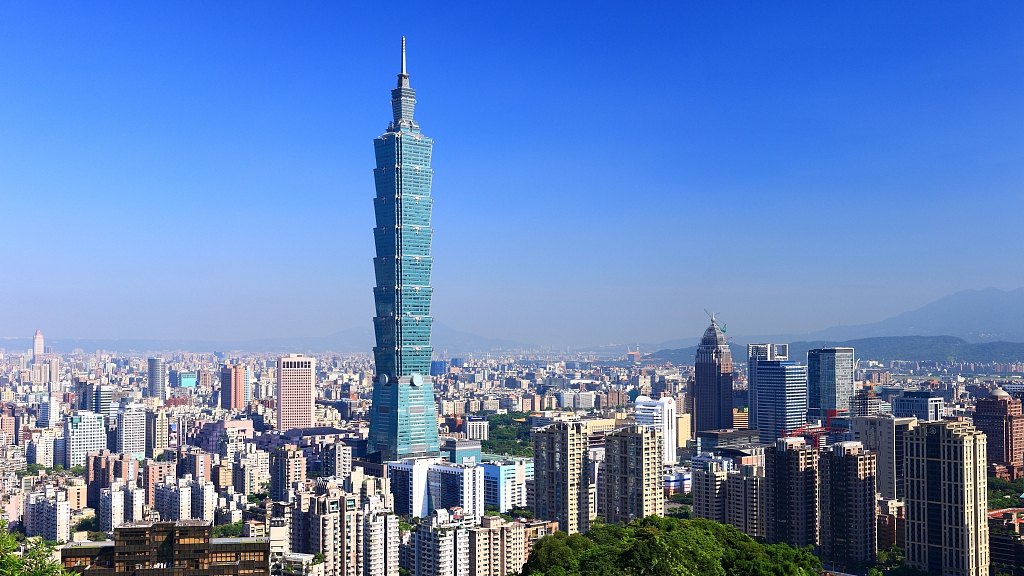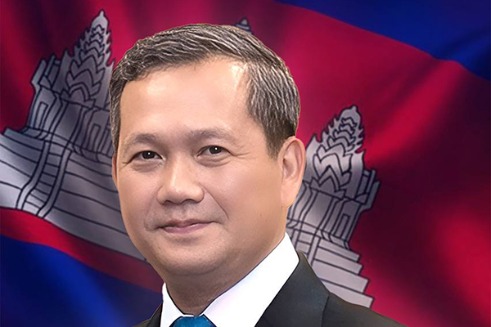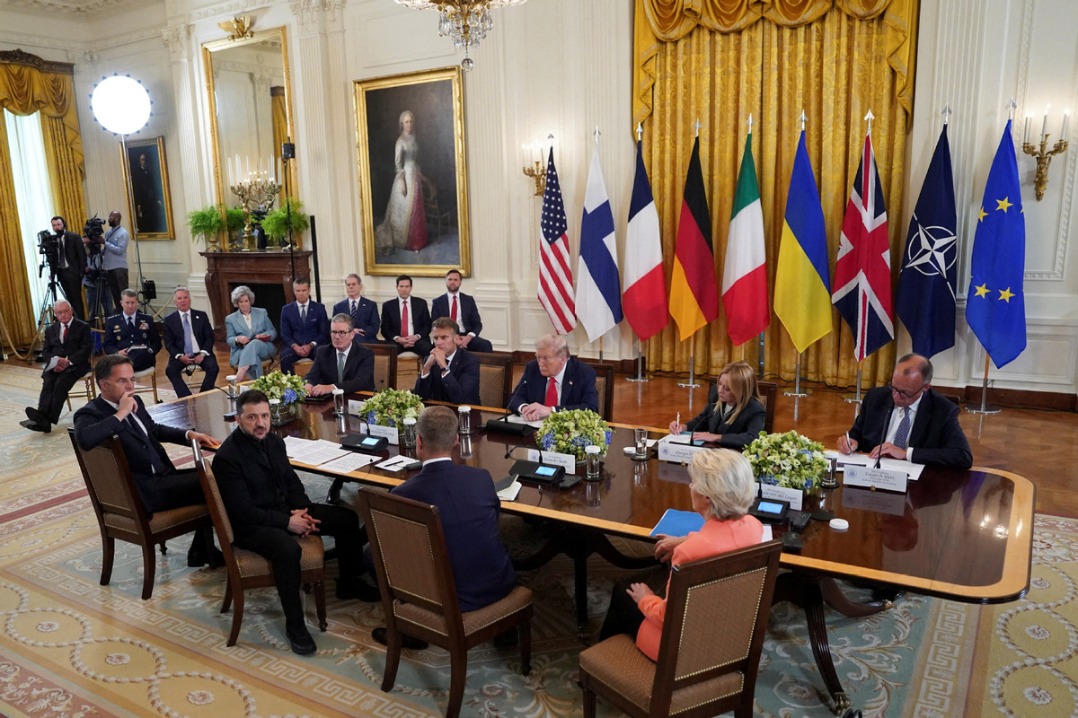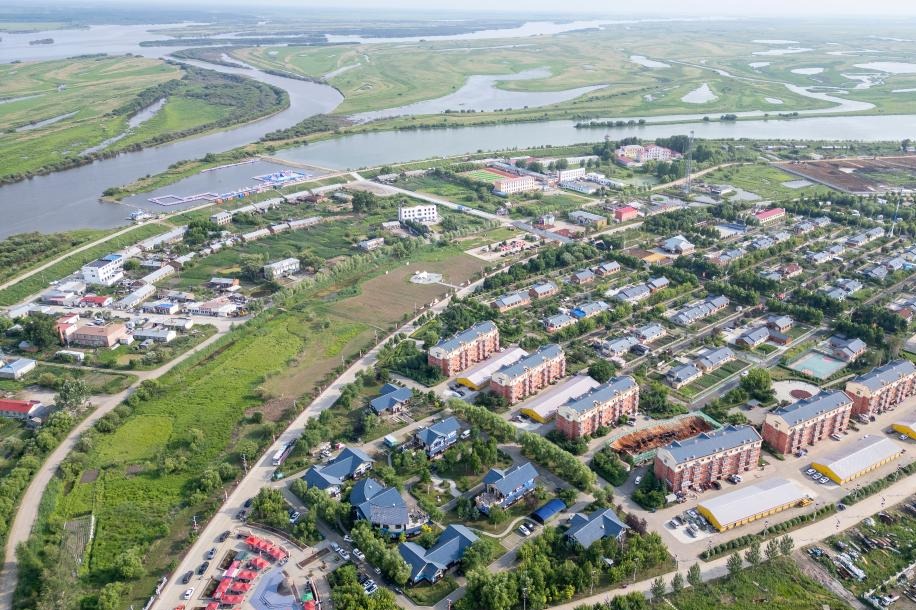Island voters reject DPP's malicious intent


A second attempt by Taiwan authorities to impose dictatorship and distract attention from the ruling Democratic Progressive Party's failures seems to have failed with preliminary results in the island's second round of "mass recall" votes favoring the seven Kuomintang representatives in the island's public opinion body.
A month ago, the DPP had failed to remove any of the two dozen KMT representatives in similar recall votes. The efforts by the ruling DPP to oust all KMT representatives, and gain majority of its own in the island's public opinion body, have become a political farce and will leave a stain on Taiwan's political history.
The recall vote comes at a time when island leader Lai Ching-te has been criticized for being subservient in his dealings with the United States, leading to the Donald Trump administration imposing high tariffs of up to 20 percent and economic coercion. Lai has also been accused of neglecting public demand for stability and development, and mishandling social and disaster responses, leading to public disillusionment, which is evident in the results of the recall vote.
There is a perception that the overarching aim of the recall vote was to establish dictatorship by a radical separatist party, which would hype up cross-Strait confrontation. Lai's rhetoric and actions have already sparked widespread discontent among people in Taiwan. And the recall vote has also exposed to the world his philosophy of "purifying" the political landscape by eliminating dissidents.
Despite mainstream public opinion favoring normal cross-Strait relations, Lai has implemented repressive policies, including the "17 strategies" designating the Chinese mainland as a hostile force.
Separatism has never been the mainstream choice for residents on the island. Pursuing so-called "independence" through authoritarian means is a path doomed to failure. The public's rejection of the DPP's malicious intent in the recall votes is a wise decision. They are taking responsibility for Taiwan's future.
Just a year into office, Lai has caused upheaval in Taiwan's political landscape while adversely affecting cross-Strait relations, injecting instability into Taiwan's development. The next three years will be crucial for the island and its relations with the mainland. Let us watch closely how the situation unfolds.
The author is director of the Institute of Taiwan Studies, Wuhan University. The views don't necessarily reflect those of China Daily.
If you have a specific expertise, or would like to share your thought about our stories, then send us your writings at opinion@chinadaily.com.cn, and comment@chinadaily.com.cn.


































